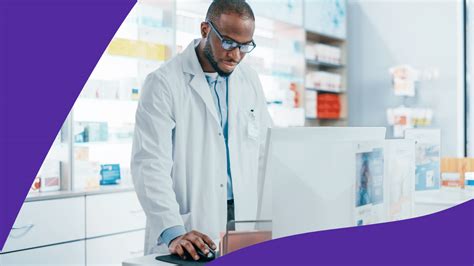Becoming a pharmacist requires a significant investment of time and education. The exact duration varies depending on the country, educational system, and specific requirements, but the general timeline is as follows:

Educational Path for Pharmacists
1. Undergraduate Degree (4 years)
- Complete a bachelor’s degree in pharmacy (BPharm) or a related field (e.g., chemistry, biology)
2. Pharmacy School (4 years)
- Enenroll in a Doctor of Pharmacy (PharmD) program, which typically lasts four years.
- Study pharmacology, pharmacy practice, medicinal chemistry, and other related subjects.
Total Time to Become a Pharmacist
Combining the undergraduate and pharmacy school requirements, the total time required to become a licensed pharmacist is typically:
8 years (4 years of undergraduate + 4 years of pharmacy school)
Practical Experience
In addition to formal education, most jurisdictions require pharmacists to gain practical experience through internships or rotations. The duration and nature of these experiences vary, but they generally last around:
1-2 years
Licensing and Certification
After completing the educational and practical requirements, aspiring pharmacists must pass a licensing exam to practice. The specific exam and requirements vary by jurisdiction, but the process typically takes:
6-12 months
Total Time Investment
From start to finish, the total time investment to become a licensed pharmacist can range from:
9-12 years
Factors that Affect the Timeline
- Educational system: Some countries may require additional years of education or training.
- Jurisdictional requirements: Licensing and certification processes vary across jurisdictions.
- Individual progress: Students may progress at different paces through their education and practical experiences.
Tips for Shortening the Timeline
- Consider an accelerated program: Some institutions offer accelerated PharmD programs that can shorten the degree by one year.
- Start early: Begin taking prerequisite courses in high school or during your undergraduate studies.
- Maintain a high GPA: Strong academic performance can make you a competitive candidate for pharmacy school.
- Gain relevant experience: Participate in research, internships, or volunteer opportunities that expose you to pharmacy practice.
- Network with professionals: Attend industry events and connect with pharmacists to learn more about the field and potential career paths.
Benefits of Becoming a Pharmacist
The long educational journey to becoming a pharmacist is well worth it for the numerous benefits this profession offers:
- High earning potential: Pharmacists are consistently ranked among the highest-paid healthcare professionals.
- Job security: The aging population and increasing prevalence of chronic diseases ensure a steady demand for pharmacists.
- Intellectual stimulation: The field of pharmacy is constantly evolving, providing opportunities for ongoing learning and professional growth.
- Patient care: Pharmacists play a vital role in improving patient health outcomes by managing medications, providing counseling, and promoting healthy living.
- Diverse career options: Pharmacists can work in various settings, including hospitals, retail pharmacies, pharmaceutical companies, and academia.
